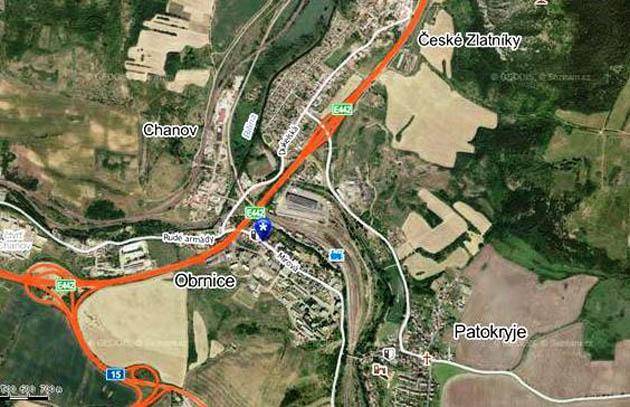Czech Republic: Locals confirm conditions in Obrnice have improved

Several residents of the town of Obrnice (Most district) are confirming that coexistence between the majority society and Romani people has improved over the past few years. Mayor of Obrnice Drahomíra Miklošová received an award from the Council of Europe on Wednesday for the town’s results in Romani integration.
Roughly 40 % of the town’s 2 500 residents are Romani. "Given how many Romani people are here, it works. You can see they are doing their best for us to all live together," 35-year-old Daniela, who has lived in the village her whole life, told the Czech News Agency. "I don’t feel unsafe, but problems do sometimes come up."
In her view the school and the Duhovka community center, which offers recreational self-realization activities for youth, are both well-run. "If they weren’t here it would be much worse," she said.
Maroš Šandor, who works as a Romani teaching assistant in the local primary school, told the Czech News Agency that the social situation of Romani people in Obrnice depends on whether they have work. The term "hungry children" is said to have recently come into usage there in the context of poverty.
"Some children come to school without snacks, so we teachers share our snacks with them," he said, adding that the village has done its best to resolve the situation. "Our field social workers have visited the families and offered them the option of free lunches, but the families rejected the aid – shame played the main role there."
Šandor said problems in coexistence between the majority society and Romani people do not occur at the school and the children do not perceive one another to be different. "The children sit together there, they are best friends. If a problem does occur, it’s mostly because of a parent," he added.
Mayor Miklošová said the village’s biggest problem in the beginning was a lack of communication between the two population groups. Members of the majority society were moving out of town while ethnic Romani numbers were rising.
The mayor said the situation was previously close to that of the nearby Chanov housing estate or the Janov housing estate in the town of Litvínov. In her view, the improvement in the atmosphere is shown by the numbers of people attending village festivities, which several hundred people of each ethnicity visit annually without conflict.
"I think the introduction of crime reduction measures also helped greatly. That was one of the first projects. We have 10 CCTV cameras in the village that are linked to the municipal police force in Most and are monitored 24 hours a day," the mayor said, adding that police from the force in Most commute to Obrnice daily and the state police have a station in the village.
Obrnice has an annual budget of around CZK 40 million and has already raised an additional CZK 132 million from Czech ministries and the European Union for projects aimed at improving its social situation. Thanks to this funding, the nursery and primary schools have been repaired and a cultural and social center was built, as were a children’s playground and sidewalks, but primarily, thanks to the subsidized projects, Romani people have become successfully involved in community service work and public services.
Another program the town hall is now planning is the creation of a social enterprise to hire at least some of the unemployed residents. "Our council has already approved the establishment of a social enterprise, technical services that will take the legal form of a limited liability company," the mayor said, adding that she hopes the firm will employ as many as 50 people. "The primary service would be cleaning the village and maintaining its greenery, running the junkyard, administering and maintaining municipally-owned apartments, etc."
The mayor believes the firm could start working in 2015 and said the village intends to raise the money to set it up from subsidies. She also said that when she received her award in Strasbourg recently, Obrnice was offered membership in the Chamber of Regions, another Council of Europe body.
Obrnice would thus become the 121st member of the chamber and the first Czech municipality to join it. The mayor said representatives of the organization were taken by Obrnice’s comprehensive approach to addressing the issue of Romani integration and that representatives of the Karlovy Vary Region in the Czech Republic and Košice in Slovakia are planning to visit to learn more about it.